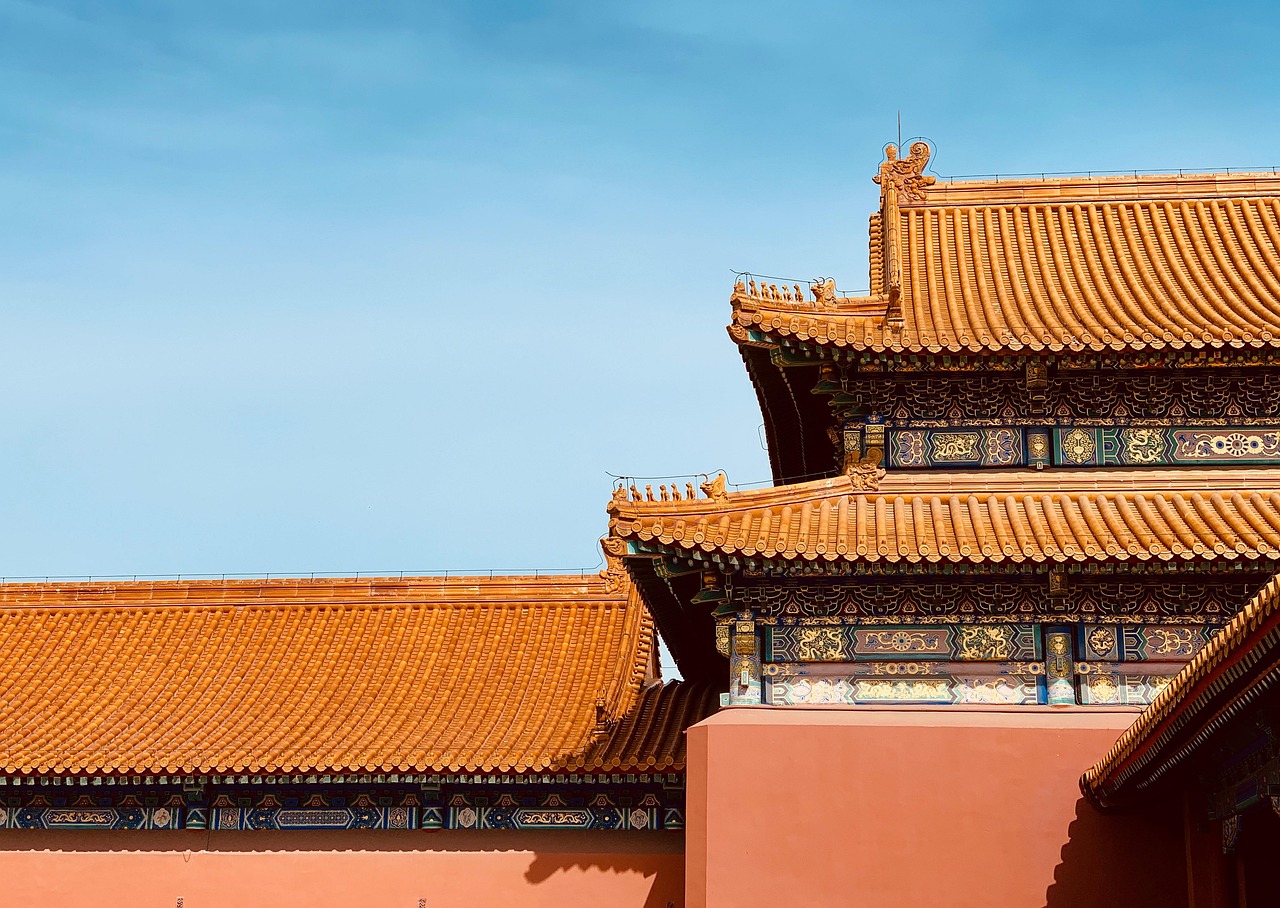
#111;">China’s Long Arm in the UK
A parliamentary report reveals a growing threat to safety and sovereignty
Source: Internal Consortium of Investigative Journalists:
The Big Picture: A U.K. parliamentary committee has named China a “flagrant perpetrator” of transnational repression — using intimidation, surveillance, and state influence to target dissidents on British soil.
“The UK should be a place of sanctuary… but repression is going unchecked.”
— Lord David Alton, Chair, U.K. Joint Committee on Human Rights
What’s happening
A new report by the U.K. Joint Committee on Human Rights says China is leading an alarming trend of authoritarian regimes extending their reach beyond borders — with Russia and Iran also named.
China’s tactics include:
- ️ Surveillance and harassment of exiled critics
- Online influence campaigns targeting Hong Kong exiles
- Abuse of Interpol’s Red Notice system
- Pressure through Chinese NGOs tied to the Communist Party
Real-world impact
On individuals:
Dissidents and exiles, including Hong Kong pro-democracy activists, report constant fear, threats, and even bounties on their heads.
“It’s long-overdue recognition of the insidious threat we face.”
— Simon Cheng, Hong Kong activist with a $130K bounty
On democracy:
Transnational repression undermines free expression, human rights, and community safety in the U.K. and beyond.
Key findings in the report
- China uses a broad range of tactics to harass critics abroad
- Victims include ethnic, religious, and political minorities
- Interpol tools are exploited for political targeting
- The U.K. lacks a cohesive strategy to stop it
What’s recommended
The committee urged the U.K. government to:
- ✅ Define “transnational repression” officially
- Launch a victim support hotline
- Train law enforcement to recognize and respond
- Require foreign agents to register under the Foreign Influence Registration Scheme
- Pressure Interpol to stop abuse of Red Notices
A global problem, a local battleground
“China’s targeting doesn’t stop at borders. It shows up in courtrooms, community centers, and UN sessions.”
— ICIJ “China Targets” investigation
As authoritarian regimes grow bolder, Western democracies must reckon with foreign interference — and protect those who sought refuge.
What’s next
“The government must follow through — not selectively, but comprehensively — to protect rights, democracy, and safety.”
— Simon Cheng
Bottom line:
The U.K. is now a front line in a global fight against authoritarian overreach.
Sanctuary must mean safety.
Democracy must mean protection.
“Transnational repression is not just foreign policy — it’s personal.”
